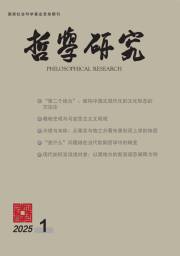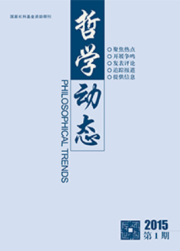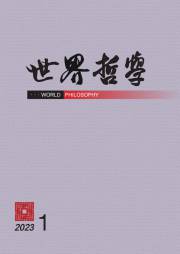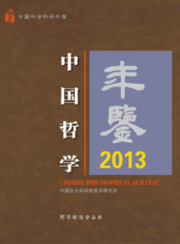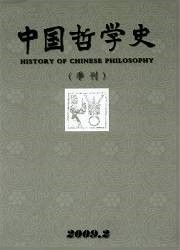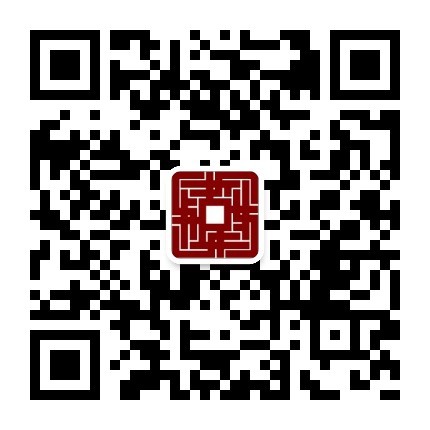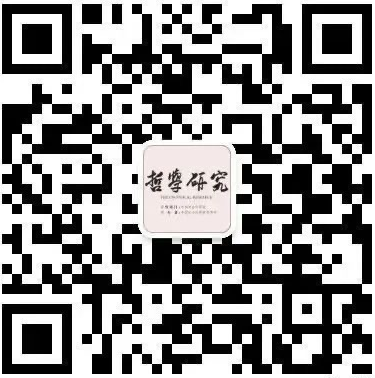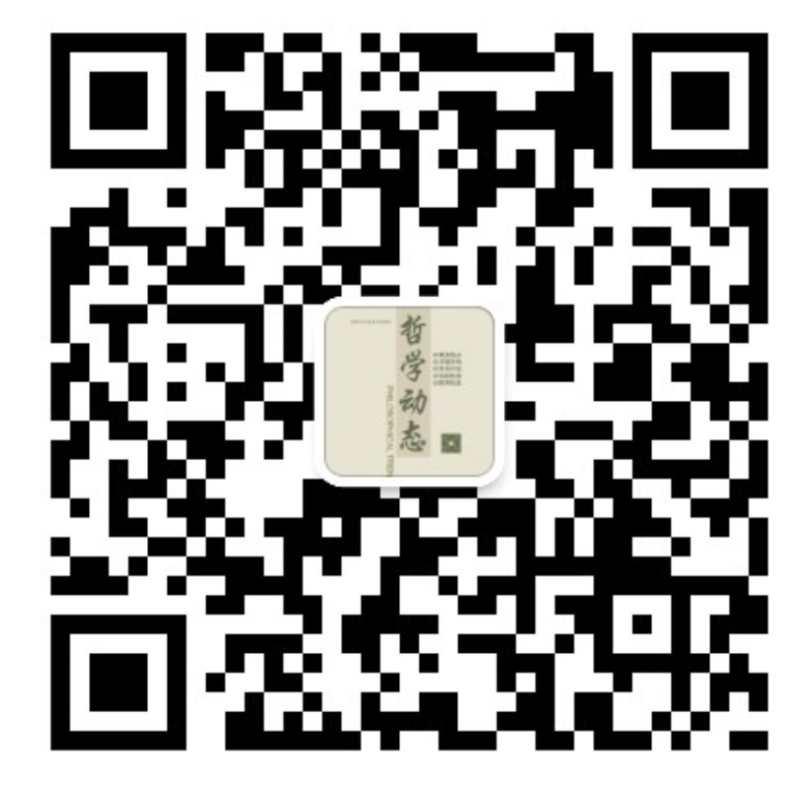 首页
首页-
本所概况
哲学所简介
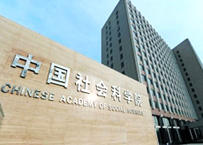
中国社会科学院哲学研究所是我国哲学学科的重要学术机构和研究中心。其前身是中国科学院哲学社会科学部哲学研究所。历任所长为潘梓年、许立群、邢贲思、汝信(兼)、陈筠泉、李景源、谢地坤。中华人民共和国成立前,全国没有专门的哲学研究机构。为了适应社会主义改造和建设事业发展的需要... ... <详情>
- 党建工作
- 研究学人
- 科研工作
- 学术期刊
- 人才培养
博士后更多+
- 图书档案
图书馆简介

哲学专业书库的前身是哲学研究所图书馆,与哲学研究所同时成立于1955年。1994年底,院所图书馆合并之后将其划为哲学所自管库,从此只保留图书借阅流通业务,不再购进新书。
2009年1月16日,作为中国社会科学院图书馆体制机制改革的重要举措之一,哲学专业书库正式挂牌。
<详情> - 哲学系
【赵汀阳】A Tianxia system as a possible world for the future
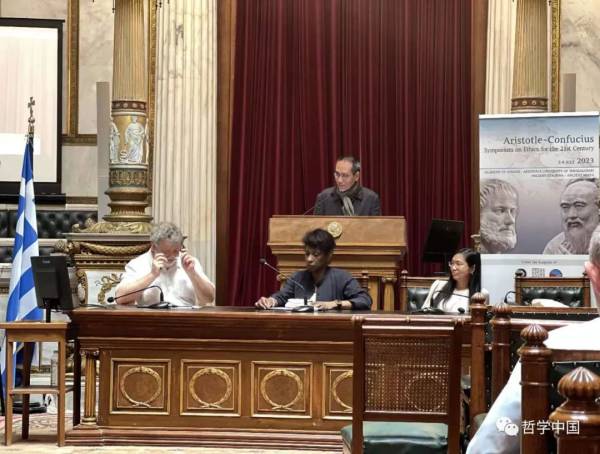
About the author:
ZHAO Tingyang
Professor of philosophy at Chinese Academy of Social Sciences. Senior fellow at Berggruen Institute. Working on ontology, political philosophy and philosophy of history. His book on Tianxia theory has been translated into other languages, including Alles Unter dem Himmel (Suhrkamp, Germany);All-under-heaven:The Tianxia System for a Possible World Order (Univ. California, USA); Tianxia tout sous un Meme Ciel (Cerf, France); Redefining a Philosophy for World Governance (Palgrave-Macmillan, UK);Tianxia: una filosofia para la gobernanza global( Herder, Spain); Tutto Sotto il Cielo (Ubalddini, Italy); Nowa Filozofia ladu Swiatowego (Time Marszalek, Poland). As well as the co-author books including Un Dieu ou tous les Dieux (Cent Mille, France, co-author with Alain Le Pichon);Du Ciel ala Terre (Les Arenes, France, co-author with Regis Debray).
作者简介:
赵汀阳,中国社会科学院学部委员,哲学研究所研究员。著有《论可能生活》、《天下体系》、《一个或所有问题》、《第一哲学的支点》、《坏世界研究》、《天下的当代性》、《惠此中国》、《历史,山水,渔樵》等,部分著作译为Alles Unter dem Himmel (Suhrkamp,德国);Tianxia tout sous un Meme Ciel(Cerf,法国);All-under-heaven:The Tianxia System for a Possible World Order (Univ. California,美国);Redefining a Philosophy for World Governance (Palgrave-Macmillan,英国);Tianxia: Una filosofia para la gobernanza global(Herder, 西班牙); Tutto Sotto il Cielo (Ubalddini, 意大利);Nowa Filozofia ladu Swiatowego (Time Marszalek, 波兰), 以及合著Un Dieu ou tous les Dieux (Cent Mille, 法国,与A. Le Pichon 合著);Du Ciel ala Terre (Les Arenes, 法国,与R. Debray 合著)。
Aristotle-Confucius symposium at Greece
A Tianxia system as a possible world for the future
Zhao Tingyang
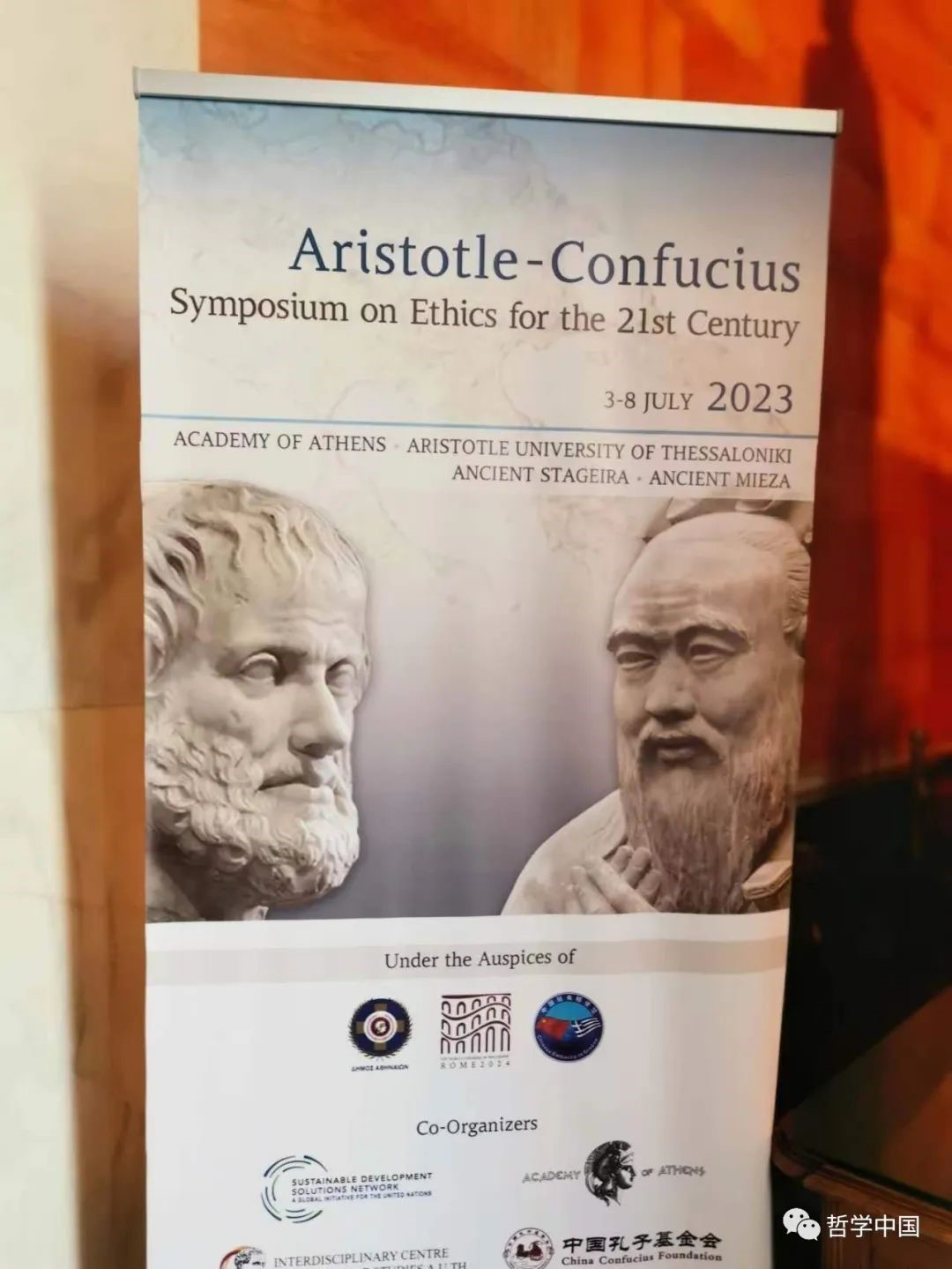
We talk about the world as if it is there. We do have a physical world, but politically or culturally, it is a non-world in anarchy, not far from the Hobbesian state of nature, full of terrors, hostilities and clashes of civilizations. The world has good reason to expect a new concept to make it a “best possible world”.
Leibniz uses the “best possible world” to explain the God’s creation of the physical world with the “compossibility” of the richest collection of things. It is a great ontology, almost equals to the ontology of I Ching, the Chinese bible, which emphasizes the “compatibility” of all things. And it should have inspired the 3,000 years old concept of a world system in terms of Tianxia, literally a system of “all-under-heaven”, which defines an all-inclusive world of “no outside”[1]with “great harmony”[2] of all peoples or “compatibility of all nations”[3]. It is an amazing and open question why China had begun its politics with the imagination of a world system as Tianxia while Greek with polis, the two most significant starting points of politics.
Conceptually, Tianxia consists of threefold worlds: the physical world, the earth where men live; the psychological world, as the agreement of all peoples; and a political world, a universal system of-and-for the world. I would redefine a contemporary concept of a new Tianxia for the future, with a renewed formula of the three overlapping worlds: the political, the ethical and the epistemological, which are closely related. A political world is also reflected in the ethical and the epistemological, and vice-versa.
Two compelling reasons for my reinvention of Tianxia. The first, we have to solve the problem of Huntington’s clashes of civilizations, which indicates the failure of civilization. The second, we should avoid the failure of international politics, a game with hostile and ineffective strategies of deterrence, sanction, interference, the balancing of powers, actually making the world even worse. And UN does not help so much, for it is not a world system, no more than an international sphere for international disputes, essentially pertaining to the international system and confined to the concept of international politics.
Tianxia suggests an alternative concept of the political as the art of changing hostility into hospitality, instead of Carl Schmitt’s recognition of enemy, Morgenthau’ struggle for power, or Huntington’s clashes of civilizations. The reason is simple but strong: if politics cannot stop hostility, it is no politics, nothing more than war. And war proves the failure of politics rather than the continuation of politics as Carl Von Clausewitz thinks.
A new concept of Tianxia to make a world claims three constitutional concepts: (1) internalization of the world, a shared universal system inclusive of all nations, so that making a world of no more negative externalities; (2) relational rationality, which emphasizes the priority of mutual minimization of hostility above maximization of exclusive interest; And (3) Confucian Improvement, which is the non-exclusive improvement for everyone, better than Pareto’s Improvement, and defined as one improved if-and-only-if all others improved. Confucian Improvement means everyone gets a Pareto’s improvement if anyone gets it, or each one gets a Pareto’s Improvement at the same time. A new Tianxia is hopefully to make a better world system, based upon world constitution, to solve the global problems such as technological risks, global financial problems, climate change, pandemics and clashes of civilizations.
In consistency with the Tianxia system, the global ethics would expect a better “Golden Rule” than that in Christianity or Confucianism. The traditional golden rule that says “Never do to others whatever you would not like others to do to you” is nearly perfect except its limitation of a unilateral subjective horizon, which problematically implies that the “I” has the one-sided authority to decide the universal concepts of goodness or truth. I would rewrite the Golden Rule as “Never do to others whatever others would not like you to do to them”. This new rule is strictly reciprocal and symmetric, thus truly universal.
A Tianxia system should also be realized in epistemological sphere. I am thinking of a concept of a new encyclopedia, inspired by the French project of encyclopedia in 18th century, and now likely to be supported by internet and AI. It means a methodology of knowledge rather than a physical book, and meant to include all knowledge from all civilizations with equal respect and reciprocal recognition. The epistemological paths of the new encyclopedia will begin with the shared questions or the common concerns, instead of the one-sided agenda by the western knowledge. This seemingly impossible epistemological scheme will be made possible in the coming AI world.
注:
[1] 《春秋·公羊传·隐公元年》。
[2] 《礼记·礼运》。
[3] 《尚书·尧典》。
来源:Aristotle-Confucius symposium on Ethics for the 21st Century
地址:北京市东城区建国门内大街5号邮编:100732
![]() 电话:(010)85195506
电话:(010)85195506
![]() 传真:(010)65137826
传真:(010)65137826
![]() E-mail:philosophy@cass.org.cn
E-mail:philosophy@cass.org.cn

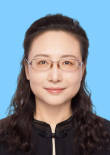
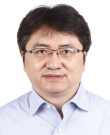
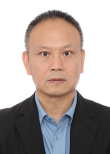
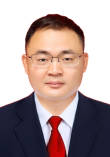
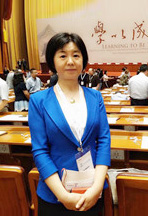

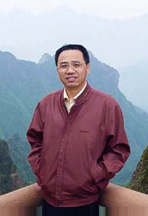

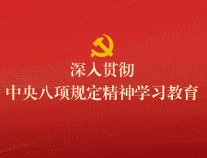
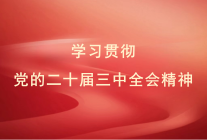
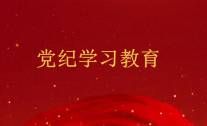
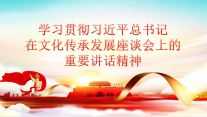
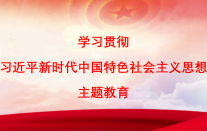
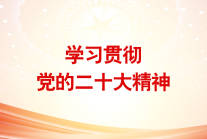
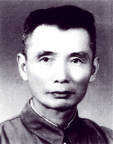 潘梓年
潘梓年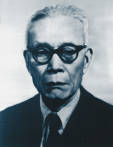 金岳霖
金岳霖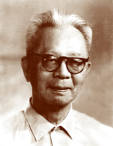 贺麟
贺麟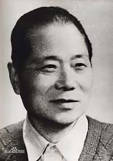 杜任之
杜任之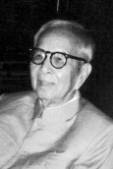 容肇祖
容肇祖 沈有鼎
沈有鼎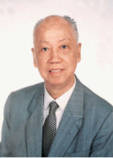 巫白慧
巫白慧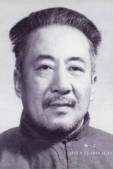 杨一之
杨一之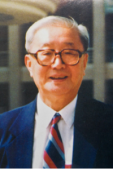 徐崇温
徐崇温 陈筠泉
陈筠泉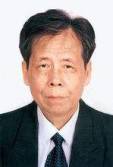 姚介厚
姚介厚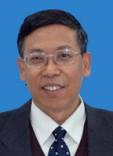 李景源
李景源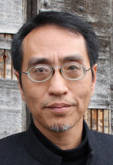 赵汀阳
赵汀阳